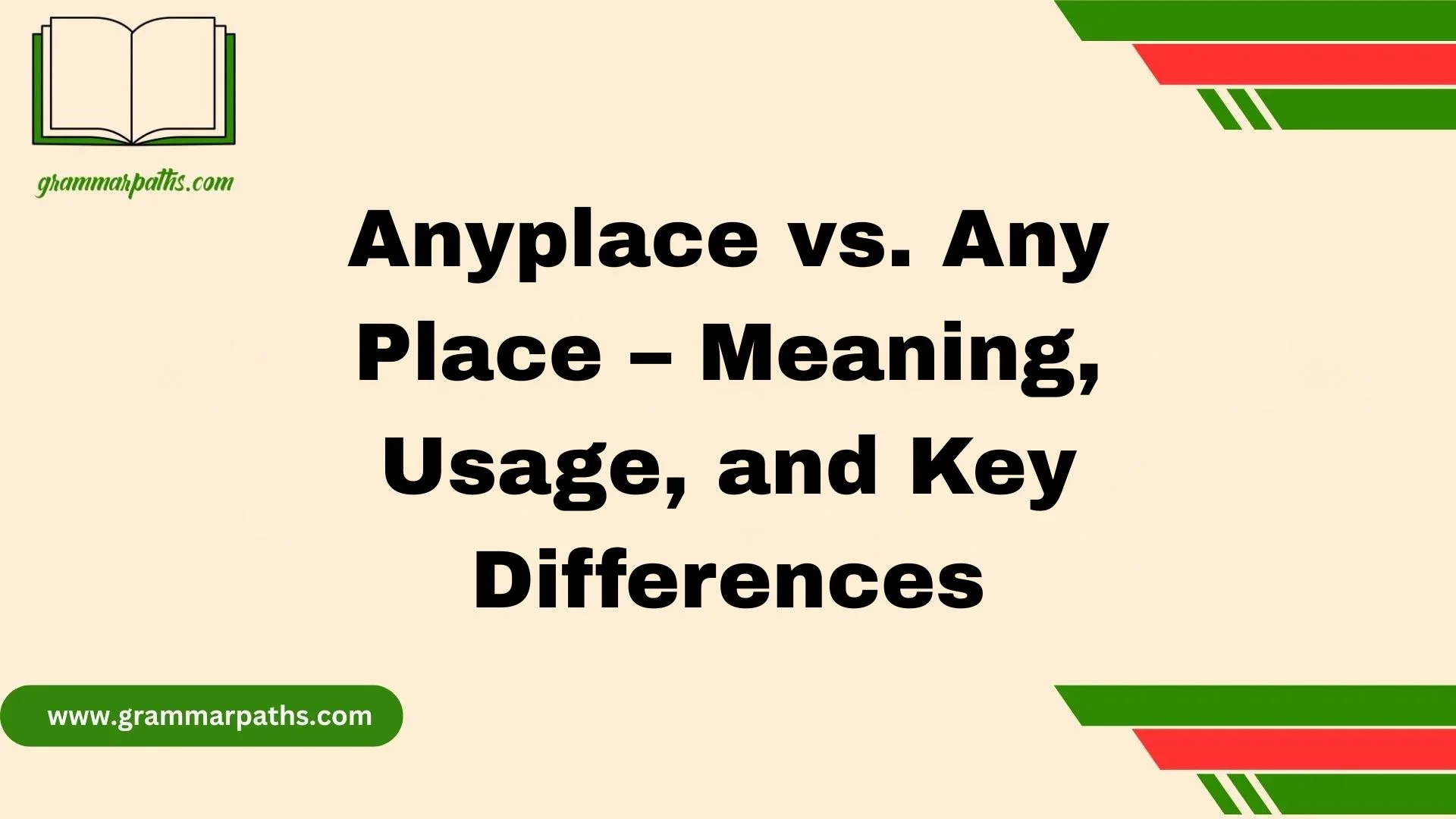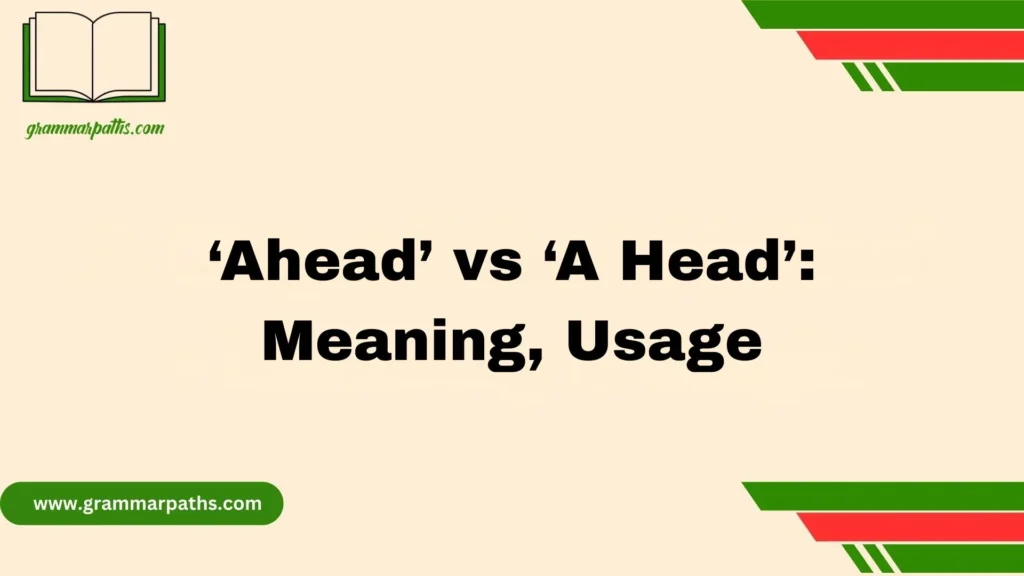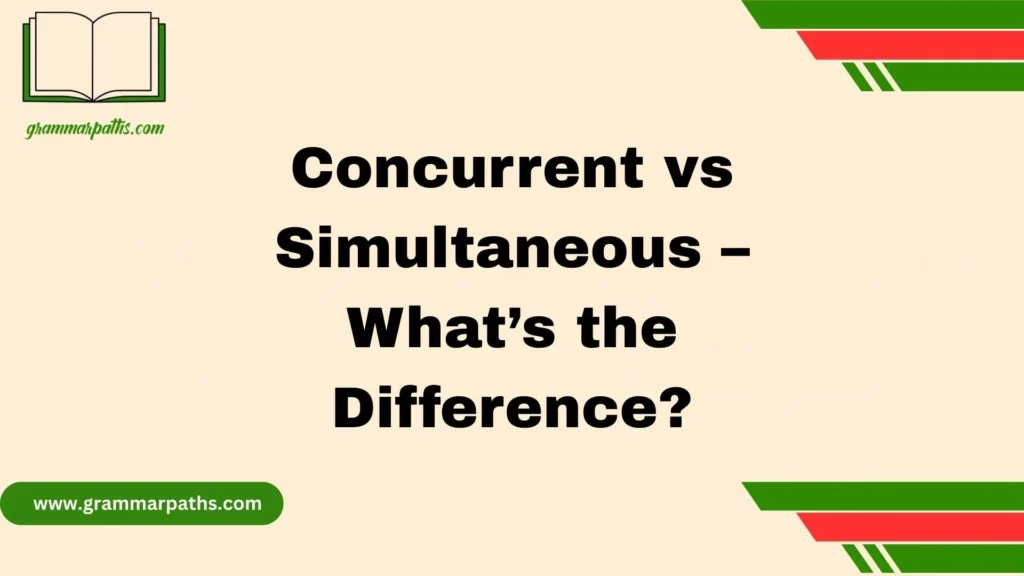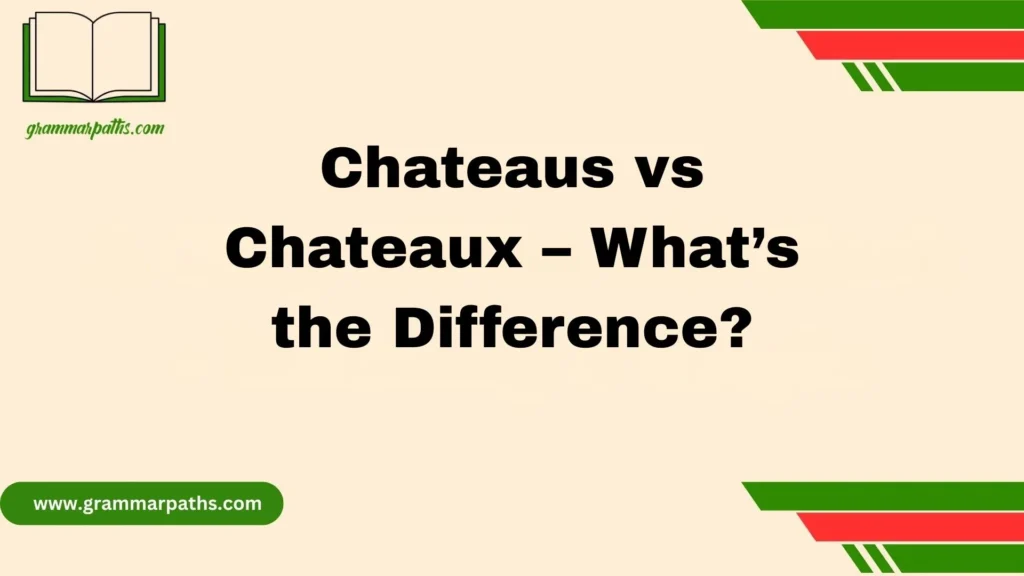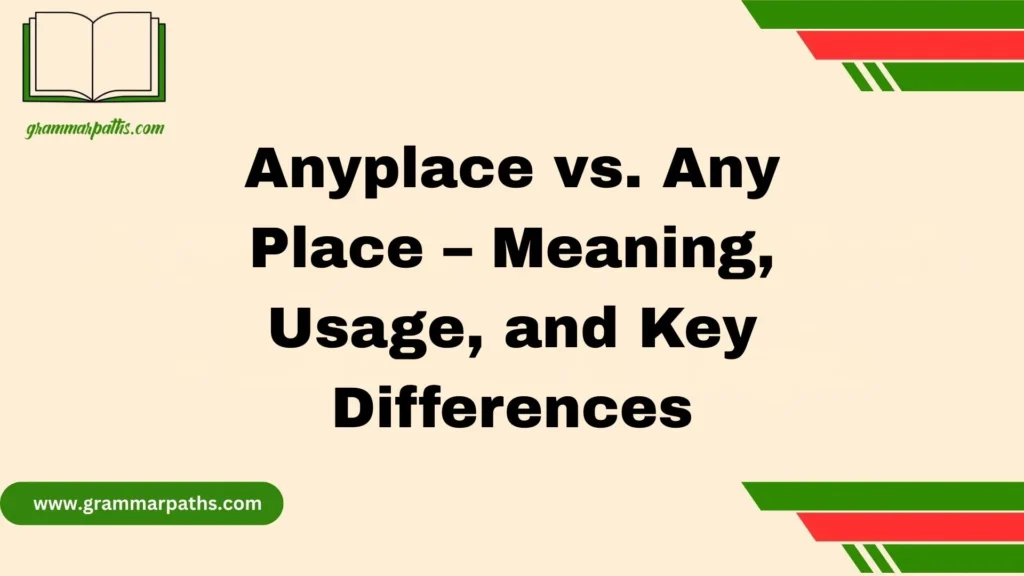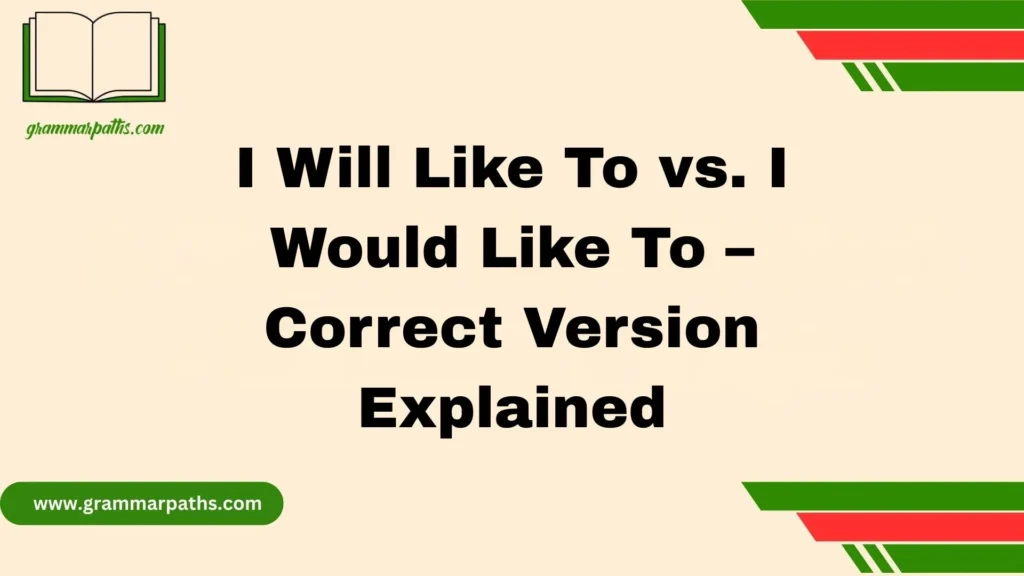The difference between “anyplace” and “any place” may not be obvious at first, but to master precise English usage is to see how it matters. Many learners spend years memorising rules, yet true skill comes from understanding real-world patterns. That’s where the topic of Anyplace vs. Any Place – Meaning, Usage, and Key Differences in American English helps you recognise the value of clarity and professionalism in your everyday writing.
Through my own experience, I built a personal guide to choose between the two forms. In similar contexts, you’ll notice how relaxed speaking might allow one option, while professional writing requires another. Choosing the right word makes your work feel polished and more accurate, reflecting both confidence and respect for the reader.
Origins and Evolution of the Terms
The word “place” has been part of English since the Middle Ages, borrowed from Old French place, meaning “space” or “area.” Naturally, combinations such as “any place,” “every place,” and “no place” followed as English speakers combined quantifiers with nouns.
Over time, American English developed a tendency to contract common two-word expressions into single words. This is how “anyplace” emerged as an alternative spelling—mirroring what happened with “anyone” (from any one) or “everyday” (from every day).
By the early 20th century, dictionaries such as Merriam-Webster began listing “anyplace” as an informal synonym for “anywhere.” Today, it remains more popular in the U.S. than in the U.K., where the construction is rare and sometimes even frowned upon.
Defining the Terms Clearly
Let’s break down each term:
- Anyplace
- Informal contraction of “any place.”
- Functions as an adverb, meaning “anywhere.”
- Example: “You can find coffee anyplace these days.”
- Any Place
- The original, standard two-word construction.
- Functions as a noun phrase (any + place).
- Example: “We couldn’t find any place to sit.”
Quick comparison:
| Term | Grammar Role | Tone/Usage | Example Sentence |
| Anyplace | Adverb | Informal | I’ll sit anyplace that’s free. |
| Any Place | Noun Phrase | Formal/Neutral | Is there any place nearby that serves breakfast? |
Grammar and Linguistic Perspective
Grammatically, the distinction comes down to adverb vs. noun phrase.
- “Anyplace” collapses into a single adverb meaning “anywhere.”
- “Any place” keeps the structure intact, with “any” as a determiner modifying the noun “place.”
This pattern mirrors similar word pairs:
| Informal/Contracted | Formal/Separated | Meaning |
| Everyday | Every day | Ordinary vs. Each day |
| Anyone | Any one | Anybody vs. A specific individual |
| Anywhere | Any where (archaic) | In any location |
Linguists describe this process as lexicalization, where frequent word pairings merge into a single term. Over time, the contracted version often gains informal acceptance while the original remains the formal option.
Usage of “Anyplace” in Everyday English
In modern American English, “anyplace” is widely used in speech. It feels casual, friendly, and conversational. You’ll hear it in everyday dialogues, movies, and even advertising slogans.
Examples in daily speech:
- “We can grab lunch anyplace—it doesn’t matter to me.”
- “You can find Wi-Fi anyplace nowadays.”
- “She’ll talk to you anyplace, anytime.”
In casual contexts, readers and listeners won’t blink at “anyplace.” In fact, in many regions of the U.S., it sounds more natural than “any place.”
Usage of “Any Place” in Formal English
On the other hand, “any place” is preferred in formal and academic contexts. It aligns with traditional grammar rules and maintains a neutral tone.
Examples in formal writing:
- “The students could not find any place to conduct their research.”
- “Is there any place in the contract that addresses this issue?”
- “The team couldn’t locate any place suitable for the event.”
You’ll see “any place” in:
- Academic essays
- Research papers
- Business reports
- Professional correspondence
When the goal is clarity and authority, “any place” outshines “anyplace.”
Common Misconceptions and Mistakes
Several myths surround this word pair. Let’s clear them up:
- Myth 1: “Anyplace” is grammatically wrong.
False. It’s not wrong—it’s just informal. - Myth 2: “Anyplace” and “Anywhere” are identical.
Not exactly. While often interchangeable, “anyplace” leans more colloquial, whereas “anywhere” is universally accepted. - Myth 3: You can use either form in all situations.
Context matters. Using “anyplace” in a research paper would look out of place.
Contextual Guidelines: Choosing the Right Form
A simple rule: Match your choice to your audience and setting.
Use “anyplace” when:
- Speaking casually with friends.
- Writing dialogue in fiction.
- Posting on social media.
Use “any place” when:
- Writing formally (academic, business, legal).
- Addressing a professional audience.
- You want a neutral, polished tone.
Quick Reference Table:
| Context | Better Choice | Why? |
| Text message | Anyplace | Sounds natural, casual tone |
| College essay | Any place | Formal, grammatically precise |
| Job application | Any place | Professional setting |
| Chat with friend | Anyplace | Conversational flow |
Tone, Setting, and Audience Impact
Word choice affects how others perceive you.
- In a business email, saying “You can meet me anyplace” may sound too relaxed.
- In a text to a friend, the same sentence feels perfectly natural.
Tone and setting guide whether informality adds warmth or reduces credibility. Choosing “any place” in a serious discussion signals professionalism, while “anyplace” helps you sound approachable and down-to-earth.
Regional and Cultural Factors
Language doesn’t exist in a vacuum—it’s shaped by geography and culture.
- American English: Comfortable with “anyplace,” especially in casual settings.
- British English: Rarely uses “anyplace,” preferring “anywhere.” When used, it may be considered slang or unusual.
- Global English: Non-native speakers tend to stick with “any place” or “anywhere” since they’re safer choices in international communication.
Tip: If you’re writing for a global audience, avoid “anyplace” unless your goal is to sound distinctly American.
Case Studies and Real Examples
To see the difference in action, let’s compare sentences side by side.
| Informal (Anyplace) | Formal (Any Place) |
| “We can go anyplace for coffee.” | “We couldn’t find any place serving coffee at that hour.” |
| “She’ll talk about it anyplace.” | “There isn’t any place in the contract where this issue is mentioned.” |
| “I’ll sit anyplace that’s free.” | “We searched for any place suitable for the conference.” |
Notice how “anyplace” emphasizes convenience and casual tone, while “any place” conveys clarity and structure.
Practical Tips for Writers and Speakers
To avoid confusion, follow these simple tips:
- Default to “any place” if you’re unsure—it works in both formal and informal contexts.
- Use “anyplace” sparingly in writing, unless your goal is to mimic natural speech.
- Replace with “anywhere” if you want a universally accepted alternative.
- Ask yourself: Would this sentence appear in an academic paper, a novel, or a text? Adjust accordingly.
Checklist:
- Am I writing formally? → Use “any place.”
- Am I writing dialogue or texting? → “Anyplace” works fine.
- Do I want universal clarity? → Try “anywhere.”
Conclusion
The difference between “anyplace” and “any place” may seem similar, but choosing the right word depends on context, formality, and usage. In informal chats or relaxed speaking, anyplace feels natural and conversational. However, for professional writing, documents, or essays, “any place” appears more polished, accurate, and refined. By studying real-world patterns, practicing with rules, and aiming for clarity, you can master these subtle differences and write with confidence.
FAQs
Q1: Is “anyplace” correct in American English?
Yes, it’s correct, but it’s more common in informal settings and relaxed conversation.
Q2: When should I use “any place” instead of “anyplace”?
Use “any place” in formal contexts, such as academic essays, documents, or professional communication.
Q3: Do “anyplace” and “any place” have the same meaning?
They share a similar meaning, but the tone, formality, and setting determine which is better to use.
Q4: Why does formality matter in word choice?
Because choosing carefully shows professionalism, enhances clarity, and makes your writing feel more structured and refined.
Q5: How can I remember the difference?
Think of anyplace for casual speaking, and “any place” for situations where you need a polished and accurate impression.

Mia Rose is the passionate writer and founder of GrammarPaths.com, a resource dedicated to helping learners master English grammar, idioms, and writing skills with ease. With a deep love for language and years of experience in teaching and content creation, Mia simplifies complex grammar rules into clear, practical guides that readers can instantly apply.
